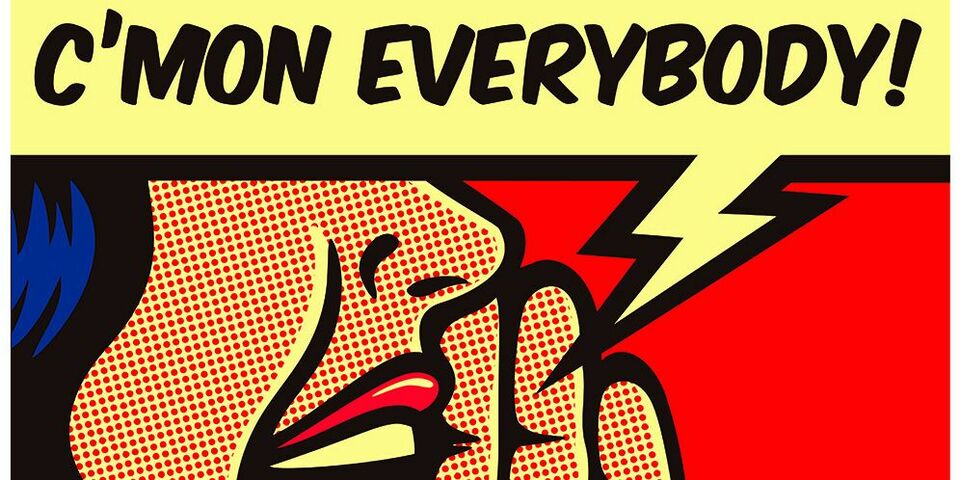Enough is already being done, the minister argues in her written reply to questions from the House of Representatives. For example, the higher education sector appoints ombudsmen to whom students can turn.
It emerged from a recent survey by human rights organisation Amnesty that roughly one in ten female students are raped in their student years. Among male students, the figure is one in a hundred. Moreover, many students do not know where to go for help if something happens.
Minister Van Engelshoven said at the time that she was “horrified” by the findings. But that did not result in any immediate political action.
Advice
She has, however, asked the Royal Netherlands Academy of Arts and Sciences (KNAW) to give advice on tackling inappropriate behaviour in the academic world. The advisory report is expected before the end of the year.
The Dutch Student Union (LSVb) is disappointed at the minister’s stance. “You would have thought that the minister would not only be horrified but would also take action”, says union chair Ama Boahene.
So what can the minister do? The LSVb refers to an Amnesty manifesto containing recommendations on this topic, such as workshops for students, educating employees, campaigns against damaging myths relating to rape, and better information about ‘facilities for getting assistance and making reports’.
Yes
This week Amnesty is once again calling attention to the issue of sexual violence in the higher education sector. As part of a campaign entitled Let’s Talk About YES, student volunteers are asking their schools to introduce better preventive and support measures.
The Amnesty manifesto has so far been signed by one institution: VU Amsterdam.


Discussion